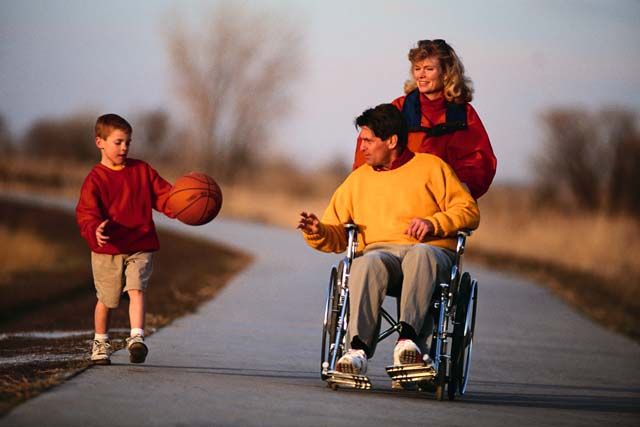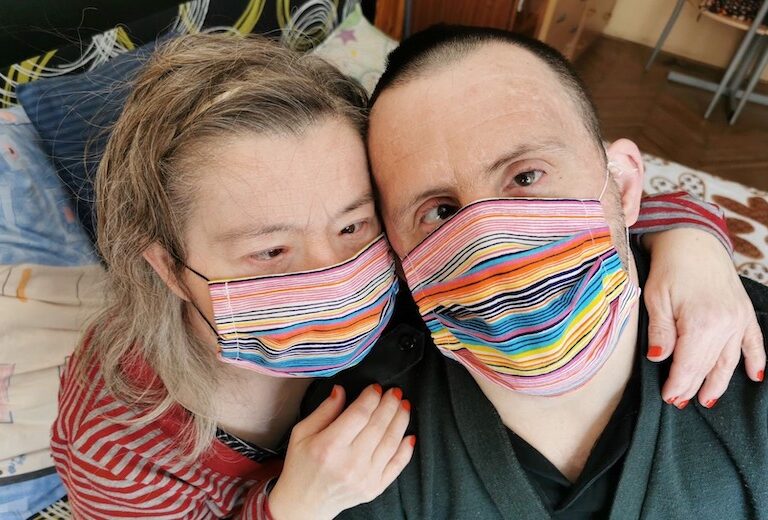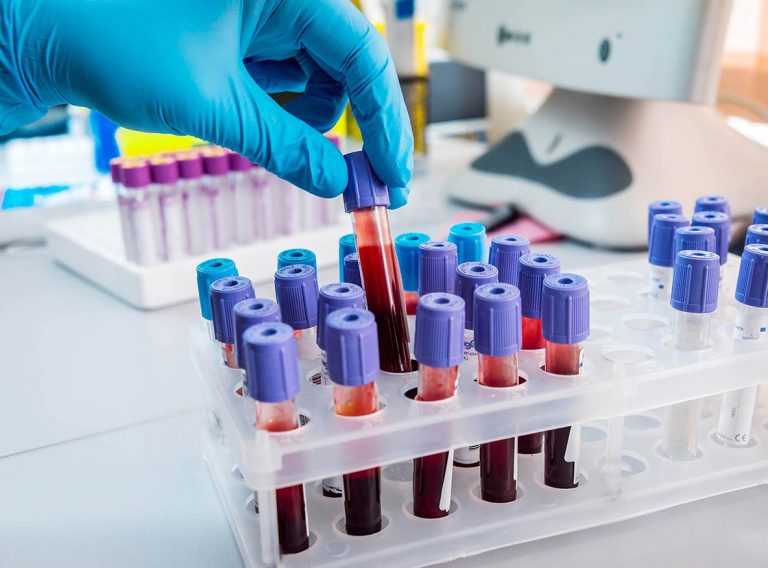Wellbound Knowledge Base
Developmental Disabilities in New York
Developmental disabilities are severe, long-term problems. They may be physical, such as blindness. They may affect mental ability, such as learning disabilities. Or the problem can be both physical and mental, such as Down syndrome. The problems are usually life-long, and can affect everyday living.
There are many causes of developmental disabilities, including
- Genetic or chromosome abnormalities. These cause conditions such as Down syndrome and Rett syndrome.
- Prenatal exposure to substances. For example, drinking alcohol when pregnant can cause fetal alcohol spectrum disorders.
- Certain infections in pregnancy.
- Preterm birth
Often there is no cure, but treatment can help the symptoms. Treatments include physical, speech, and occupational therapy. Special education classes and psychological counseling can also help.
Rett syndrome is a rare genetic disease that causes developmental and nervous system problems, mostly in girls. It’s related to autism spectrum disorder. Babies with Rett syndrome seem to grow and develop normally at first. Between 3 months and 3 years of age, though, they stop developing and even lose some skills.
During pregnancy, some common infections like the common cold or a skin infection do not usually cause serious problems. But other infections can be dangerous to you, your baby, or both. Some infections may lead to preterm birth and low birth weight babies. Others can cause serious illness, birth defects, and lifelong disabilities, such as hearing loss or learning problems.
Almost 1 of every 10 infants born in the United States are premature, or preemies. A premature birth is when a baby is born before 37 completed weeks of pregnancy. A full-term pregnancy is 40 weeks.
Important growth and development happen throughout pregnancy – especially in the final months and weeks. Because they are born too early, preemies weigh much less than full-term babies. They may have health problems because their organs did not have enough time to develop.
What are developmental disabilities?
Developmental disabilities are special conditions that may occur anytime from before a baby’s birth up until the age of 22. A developmental disability may take different forms. Developmental disabilities are different from “developmental delays” that show up as a lag in one or more areas of growth or skill. Developmental delays can be reduced by providing Early Intervention services and Special Education services, including special help in the classroom. A developmental disability may cause a child to develop more slowly, or to have physical difficulties and limitations, or have trouble learning and growing, and continues throughout the person’s life. Sometimes a person has more than one condition or disability that qualifies as a developmental disability.
Developmental disabilities that qualify a person for OPWDD eligibility include, but are not limited to, intellectual disability, autism, cerebral palsy, epilepsy, familial dysautonomia, Prader-Willi syndrome, and neurological impairment (injury, malformation or disease involving the central nervous system).
What is NOT considered a developmental disability?
• Mental illness (e.g., bi-polar disorder or depression)
• Loss or absence of senses, motor skills or physical abilities
• Mild forms of conditions such as cerebral palsy, seizure disorder or brain injury, if there is no evidence of “substantial handicap”
An individual may qualify for OPWDD eligibility if they have one of the conditions listed above as well as a qualifying developmental disability.
Source: CDC.GOV
Wellbound Knowledge Base
The Assessment Process to Receive OPWDD
Medicaid and OPWDD Services and Facts Explained
How is OPWDD eligibility determined for children?
Wellbound Blog
Speak to a Patient Advocate
Wellbound is a person and family-centered agency dedicated to providing a stronger standard of care for children and adults in the special needs community. We offer a vast array of integrative, multidisciplinary therapies to ensure maximum growth for individuals with special needs.
When your submission is received today during the business hours, a patient advocate at Wellbound gets back to you in an average of 30 min.
Call Us Now!
Please feel free to contact our friendly staff with any special needs inquiries you have. We will get back to you as soon as we can.
Reaching Goals for Life-Long Success
At Wellbound, our therapists practice and encourage cognitive, interpersonal, mobility, self-care, and communication skills in the comfort of familiar surroundings.
With compassionate therapeutic approaches and a focus on dignified support, we encourage every individual with special needs to feel safe, secure, and happy in their home environment.
- Comprehensive Care Management
- Individual & Family Support
- Licensed Therapists (OT, PT, ST)
- Dedicated Patient Advocates













